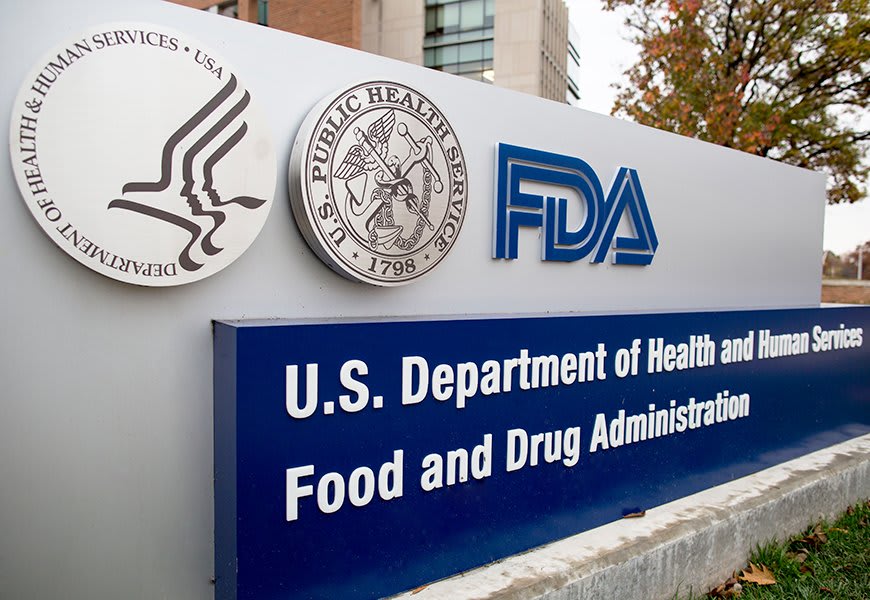The US Food and Drug Administration approves a new vaccine for infants against respiratory syncytial virus.

The U.S. Food and Drug Administration (FDA) has approved the "Enflonsia" vaccine produced by "Merck" to protect infants from respiratory syncytial virus (RSV) during their first season of exposure to the virus.
The vaccine is expected to be available in the market before the start of the virus's peak season, which typically intensifies in the fall and winter.
This decision provides doctors with an additional treatment option against the virus, which causes thousands of deaths among the elderly and hundreds of infant deaths annually, being the main reason for newborns' hospitalizations.
Merck stated that they will start accepting vaccine orders from July 2025, ensuring doses are available before the peak of the spreading season.
Dr. Dean Lee, head of Merck's research labs, expressed the company's commitment to providing the vaccine to help alleviate the burden this virus imposes on families and the healthcare system.
"Enflonsia" faces fierce competition from the "Bevortus" vaccine produced by Sanofi and AstraZeneca, which experienced severe supply shortages last year due to high demand. The companies are currently working to increase their production in preparation for the upcoming season.
Both vaccines rely on single-nucleotide antibody technology that provides immediate protection, but they differ in virus-targeting mechanisms. Merck's vaccine can be administered to all infants regardless of their weight, while the dosage of "Bevortus" is weight-dependent.
Clinical trials have shown that "Enflonsia" successfully reduced hospitalization rates due to the virus by over 84% and decreased severe lower respiratory tract infections by 90% compared to a placebo.
Other vaccines for respiratory syncytial virus are available in the U.S. market from companies like Pfizer, GSK, and Moderna, but they are intended for adults or pregnant women only. Health authorities continue to monitor developments in children's vaccines after the FDA temporarily halted some clinical trials to study safety concerns.
The Advisory Committee on Immunization Practices of the Centers for Disease Control and Prevention is scheduled to discuss recommendations for respiratory syncytial virus vaccines during its late June meeting, a highly anticipated step for companies operating in this field.